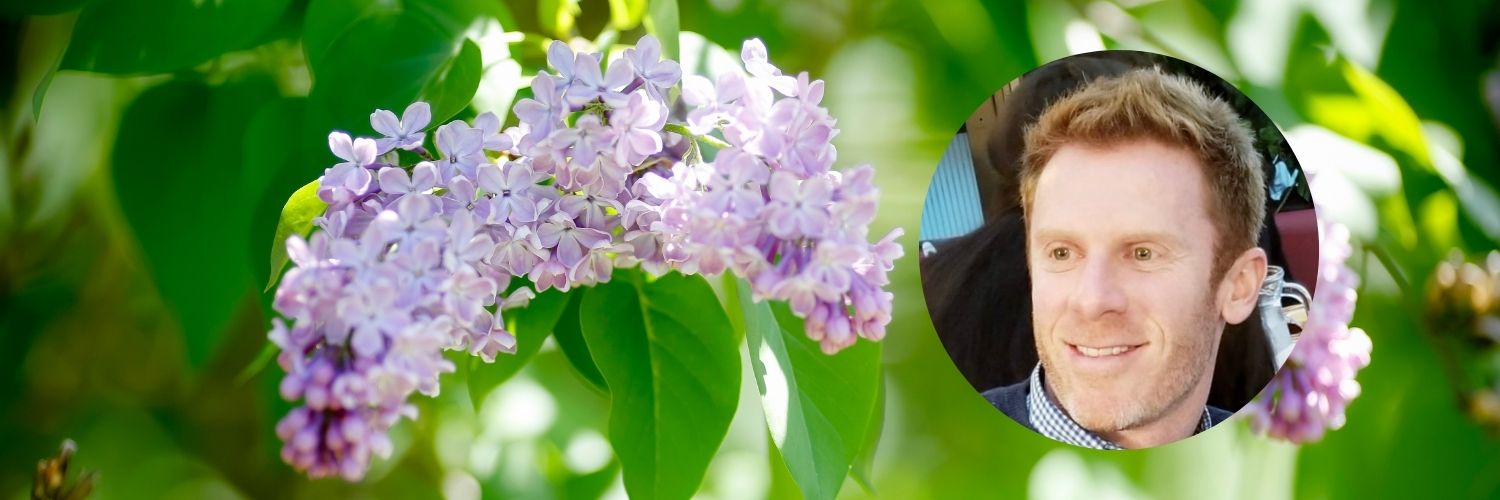Matt Ross lives in Los Angeles and New York City, and is a founding partner of MAR Partners, which invests in and develops apartment buildings in major cities throughout the country. Recently, he spoke with John Spalding, IMS Director of Development and Communications, about the benefits of his meditation practice, what he’s missed about in-person retreats, and why he donates to IMS.
How did you become involved with IMS?
I started doing Transcendental Meditation (TM) in 2015, and about a year after that I heard Joseph [Goldstein] on Sam Harris’ podcast. I had a moment of insight listening to their conversation—I remember exactly where I was standing, waiting for the L train at the Bedford Avenue stop at 6:00 am, on the way to the gym. Everything the two of them were saying made total sense to me, as if I’d been waiting to hear it my entire life. After listening to Joseph’s talks on YouTube and researching IMS, I signed up for a four-day retreat in late 2017. A few weeks later, I entered the lottery for Joseph’s nine-day retreat that coming February. I landed a spot in his retreat, so before I had done a single program at IMS, I was signed up for two! After that first retreat, I shifted from TM to Vipassana meditation, and that’s what I’ve been primarily practicing since.
How has your practice impacted your daily life?
It’s given me a lot more patience. It’s helped me to be a better business partner and a more empathetic and considerate person. I’m someone who probably takes on too much and does too much, and the practice has helped me to slow down, value stillness. Although I still take on too much at times, I feel like I can do it now in a calmer, more mindful way. The retreats at IMS have given me these moments of serenity that have become integral to my well-being. At this point, I consider it necessary in order to reset and recharge the battery. The goal, of course, is to fully integrate that retreat experience into real life, which is a long process.
Have you missed the in-person experience at IMS?
I’m so eager to get back. It’s like when you charge your phone—there’s a difference between being at 80 percent versus 100 percent. When I had my first retreat experience at IMS, I felt like that was the first time I’d ever reached 100 percent. So I’ve really missed that, particularly in a year that’s been so stressful. I can’t think of a time when I would value that experience more.
As a practitioner and a donor, do you have any hopes for IMS as we come out of the pandemic?
I think the question is how to bring back the physical experience while also keeping the digital experience. My hope is that this ultimately creates a more financially sound model, that the online and in-person retreats can complement and not cannibalize each other. Also, I don’t know that one can replicate IMS, but I would love to see it grow, or help seed, other centers around the country with the same strength and stability that has been established in Barre, particularly urban centers that have the potential to reach more people.
What inspired you to become a donor?
Meditation has been such a gift to me. It’s been transformative in how I see myself, my life, and the world. I can’t think of a tool for getting through life that has been more valuable and essential to me, and doing a retreat certainly accelerated my practice. The more people who can have access to that accelerant, and especially the more young people, the better. In that way, supporting IMS brings together my two passions—meditation and community/youth development. You can’t do a retreat at IMS and not want to share that experience with someone who couldn’t do it otherwise.



